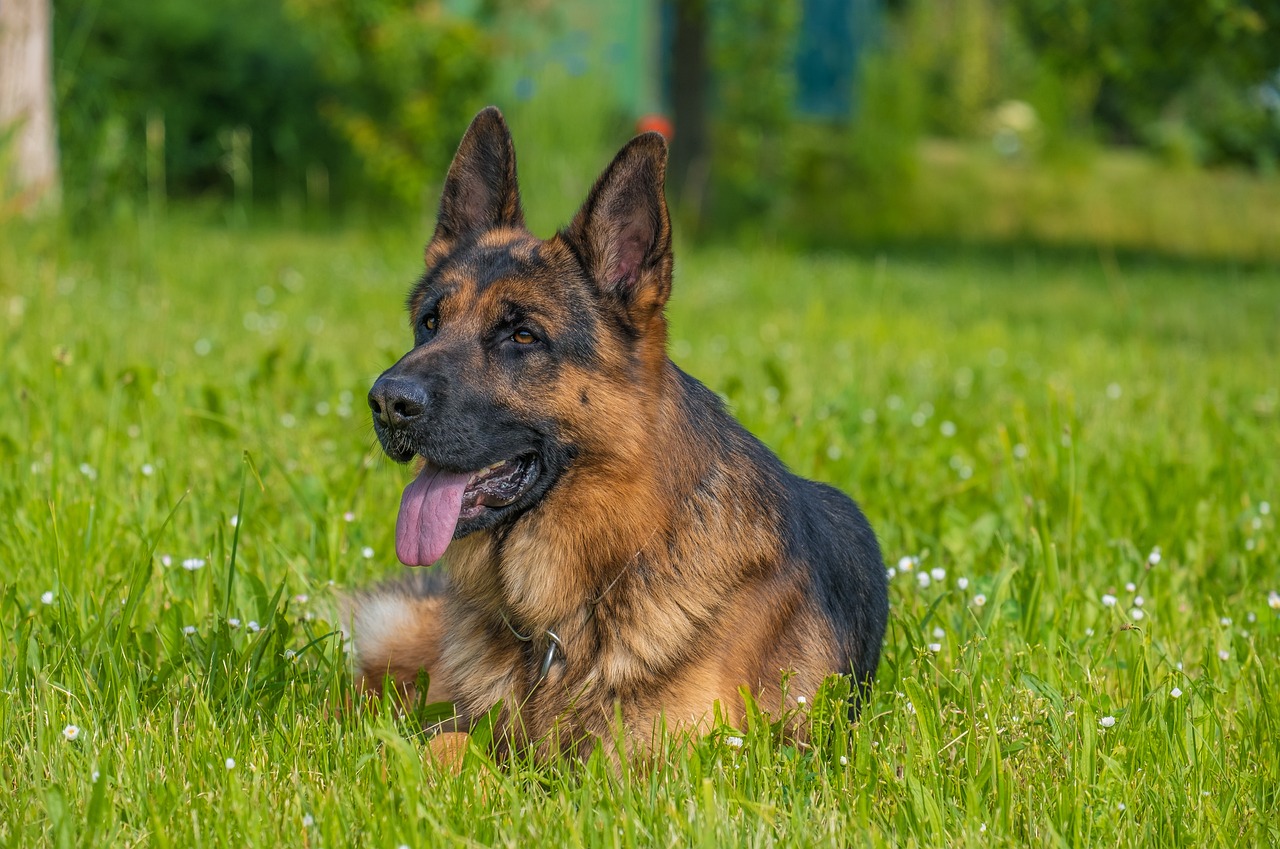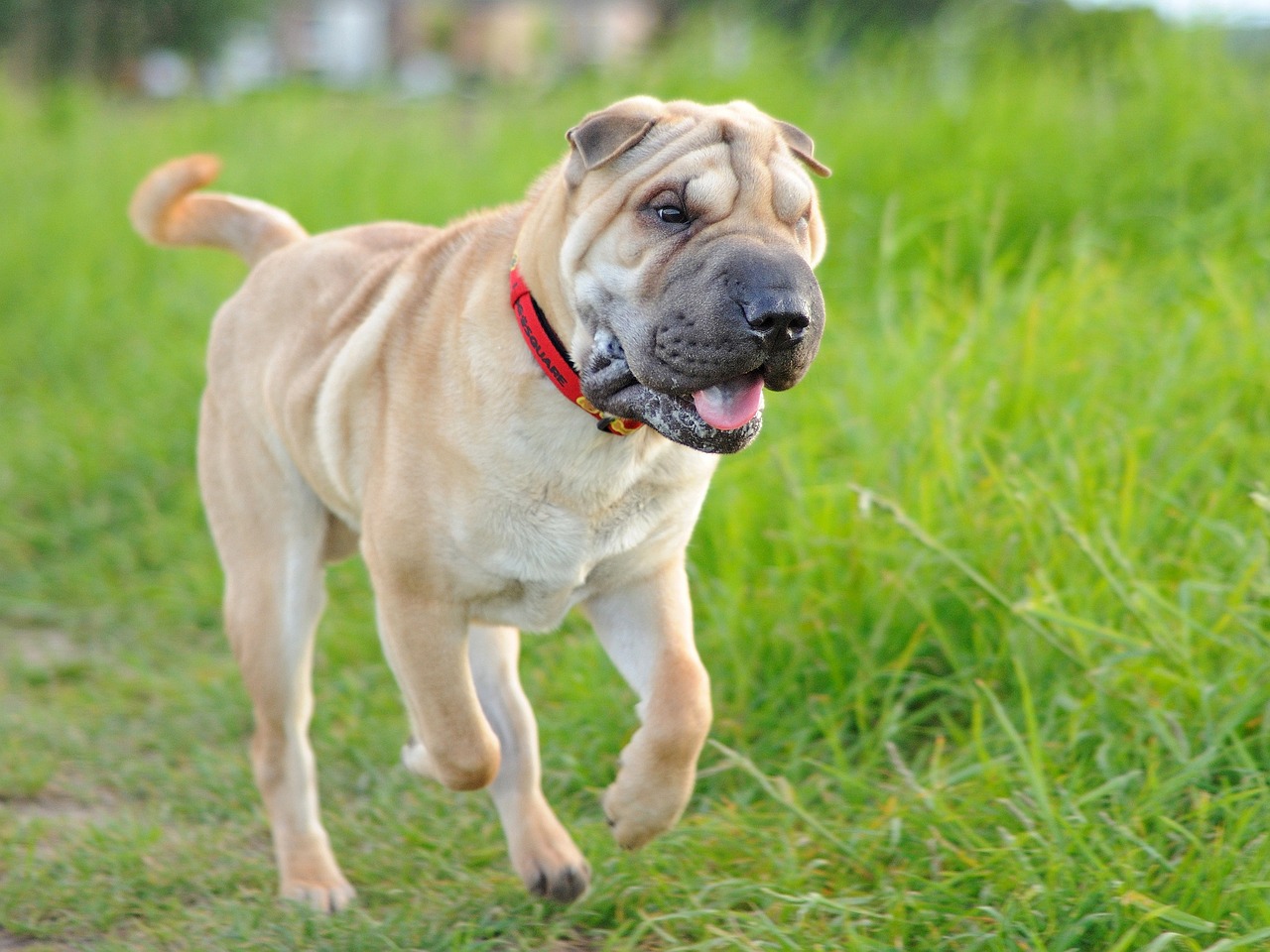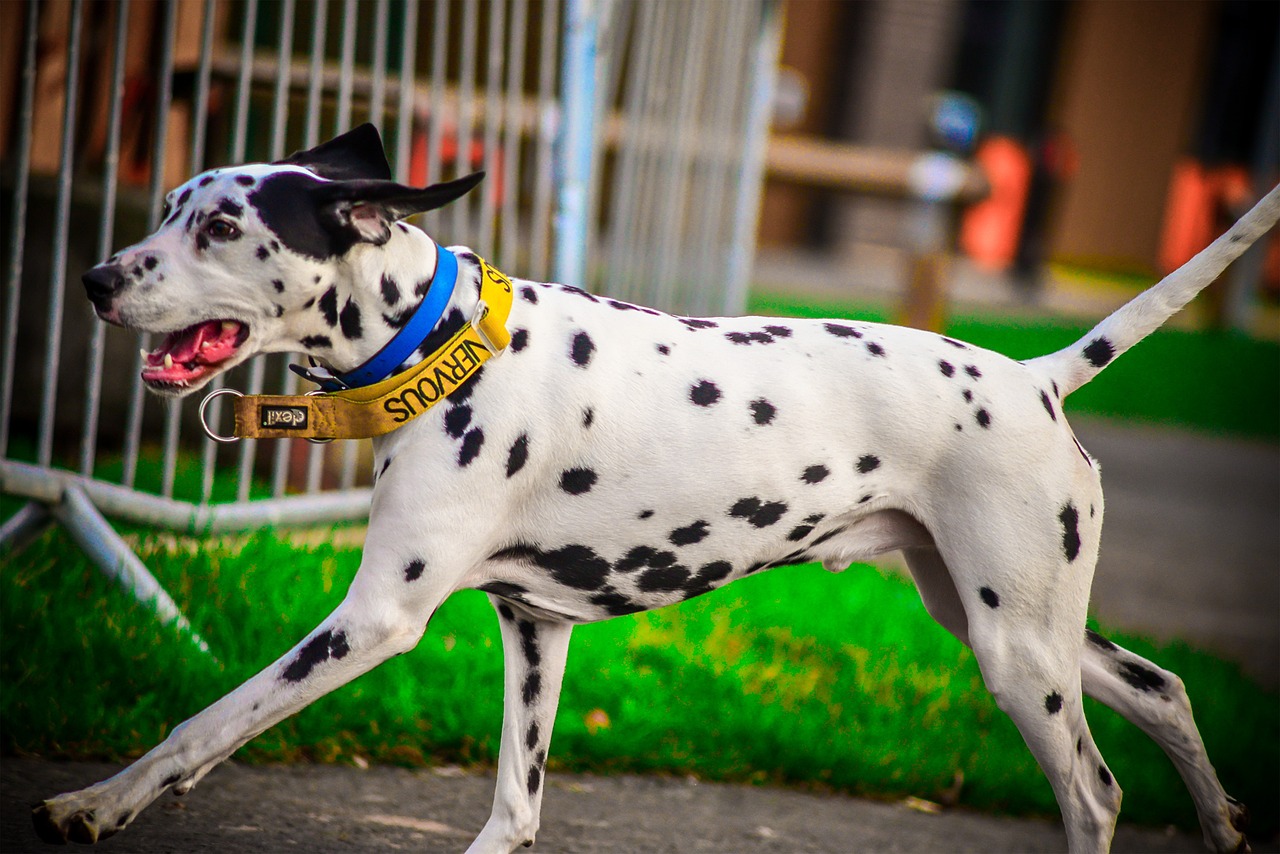Managing a dog with allergies can be a challenge for pet owners, as it affects the dog’s quality of life and requires vigilant care. While any dog can develop allergies, certain breeds are genetically predisposed to more severe and various allergic reactions, ranging from skin issues to food sensitivities. This article will explore “11 Dog Breeds Who Are Allergic to Everything,” focusing on breeds that are known for their susceptibility to a wide range of allergens. Understanding these breeds’ needs can help owners provide the best care for their sensitive companions, ensuring they lead happy, healthy lives despite their allergies.
1. French Bulldog
French Bulldogs are charming and affectionate companions, but they are notoriously prone to allergies. These can manifest as skin conditions, food sensitivities, and respiratory issues due to their brachycephalic nature. Skin allergies are particularly common, often requiring regular veterinary care to manage symptoms like itching, redness, and secondary infections. Their dietary sensitivities may necessitate specialized diets to avoid triggering adverse reactions. Owners of French Bulldogs need to be attentive to their pet’s environment and diet to mitigate allergic reactions and ensure their comfort and health.

2. Boxer
Boxers are energetic and playful dogs that unfortunately have a high propensity for allergies, especially skin allergies known as atopic dermatitis. They can also suffer from food allergies, with certain ingredients causing digestive upset or skin flare-ups. Environmental allergens like pollen, mold, or dust mites can severely affect them, leading to persistent itching and discomfort. Regular vet visits and potential allergy tests are essential for identifying triggers and managing this breed’s allergies effectively through medication, topical treatments, and dietary adjustments.

3. German Shepherd
German Shepherds are known for their intelligence and versatility but are also among the breeds most affected by allergies. They can suffer from a range of allergic reactions, including those to food, environmental allergens, and flea bites. These allergies often manifest through skin problems, such as hot spots ear infections, and gastrointestinal issues. Careful management of their environment, regular grooming, and a diet tailored to avoid allergens are crucial steps in caring for a German Shepherd with allergies.

4. Labrador Retriever
Despite being one of the most popular dog breeds worldwide, Labrador Retrievers are prone to various allergies, from environmental allergens to food sensitivities. Their allergies often manifest as skin conditions, leading to itching, scratching, and sometimes secondary infections. Labs may require specific diets free from common allergens like beef, chicken, or grains and regular veterinary care to manage their allergic symptoms effectively. Owners should also be vigilant about flea control, as Labs can be particularly sensitive to flea bites.

5. Golden Retriever
Golden Retrievers are beloved for their friendly and loyal nature but are susceptible to a variety of allergies, including atopic dermatitis. They may react to environmental allergens such as pollen or dust, food ingredients, and fleas. Skin issues are common in allergic Goldens, necessitating a comprehensive approach to manage their condition, including special shampoos, medications, and possibly immunotherapy. Ensuring a high-quality diet and maintaining a clean living environment can help minimize allergic reactions in this breed.

6. Bulldog
Bulldogs, with their distinctive wrinkled appearance, are particularly prone to skin allergies. These can be exacerbated by their skin folds, where moisture and heat can lead to irritation and infections. Food allergies are also a concern, requiring careful dietary management to avoid common triggers. Regular cleaning of their skin folds, along with a diet tailored to reduce allergic reactions, is essential for keeping a Bulldog healthy and comfortable.

7. Shar Pei
The Shar Pei is unique for its deep wrinkles and blue-black tongue but is genetically predisposed to a variety of allergies, particularly skin allergies. Their wrinkles can trap dirt and moisture, leading to irritation and infections. Food and environmental allergies can also cause significant discomfort, manifesting as itchy skin, ear infections, and digestive issues. Shar Peis requires diligent care, including regular skin cleaning, dietary management, and avoidance of known allergens to manage their allergic tendencies effectively.

8. Cocker Spaniel
Cocker Spaniels are prone to both environmental and food allergies, which can lead to itchy skin, ear infections, and gastrointestinal problems. Their long ears are particularly susceptible to infections, exacerbated by allergic reactions. A carefully managed diet, regular ear cleaning, and attention to environmental factors like pollen or mold are vital in caring for a Cocker Spaniel with allergies. Allergy testing and treatment, including immunotherapy, may also be beneficial for this breed.

9. Dalmatian
Dalmatians are not only known for their distinctive spotted coats but also for their predisposition to urinary and skin allergies. Their unique urinary system can make them more susceptible to forming urinary stones when fed certain diets, and they may also suffer from skin allergies triggered by environmental allergens or food sensitivities. A diet low in purines and carefully chosen to avoid common allergens is crucial for managing a Dalmatian’s health. Regular veterinary check-ups can help monitor their urinary health, while a clean environment and perhaps even allergy testing can assist in identifying and managing skin allergies. Their active nature requires that any dietary restrictions still support their energy needs, making nutritional management a delicate balance for Dalmatian owners.

10. Pug
Pugs, with their expressive faces and compact bodies, are endearing to many but also prone to various allergies, particularly skin allergies. The folds in their skin can harbor allergens and moisture, leading to irritation and infections if not cleaned regularly. Pugs can also suffer from food allergies, leading to digestive upset and skin issues. Attention to diet, regular grooming, and maintaining a clean living environment is key to managing a Pug’s allergies. Additionally, their brachycephalic nature means that respiratory allergens can also pose a significant issue, requiring vigilant care from their owners.

11. West Highland White Terrier
West Highland White Terriers, or Westies, are known for their bright white coats and cheerful dispositions, but they are also among the breeds most affected by allergies. These can manifest as skin conditions, known as “Westie armadillo syndrome,” where the skin becomes thickened and itchy. They may also experience food allergies and sensitivities that contribute to skin and digestive problems. Careful dietary management, regular skin care, and possibly allergy treatments are necessary to keep a Westie healthy and comfortable. Despite their challenges with allergies, Westies remain spirited companions with a lot of love to give.

Dealing with a dog’s allergies can be challenging, understanding the predispositions of certain breeds allows owners to provide better care for their allergic canine companions. Each of these breeds may require extra attention to diet, environment, and health care to manage their allergies effectively. However, with the right approach, dogs with allergies can lead happy, fulfilling lives. Owners must be prepared for the commitment required to manage these conditions, including regular veterinary visits, possible dietary restrictions, and maintaining a clean, allergen-reduced environment. The joy and companionship these dogs provide make the extra effort worthwhile, demonstrating the deep bond between pets and their owners that transcends health challenges.
 Toledo, United States.
Toledo, United States.